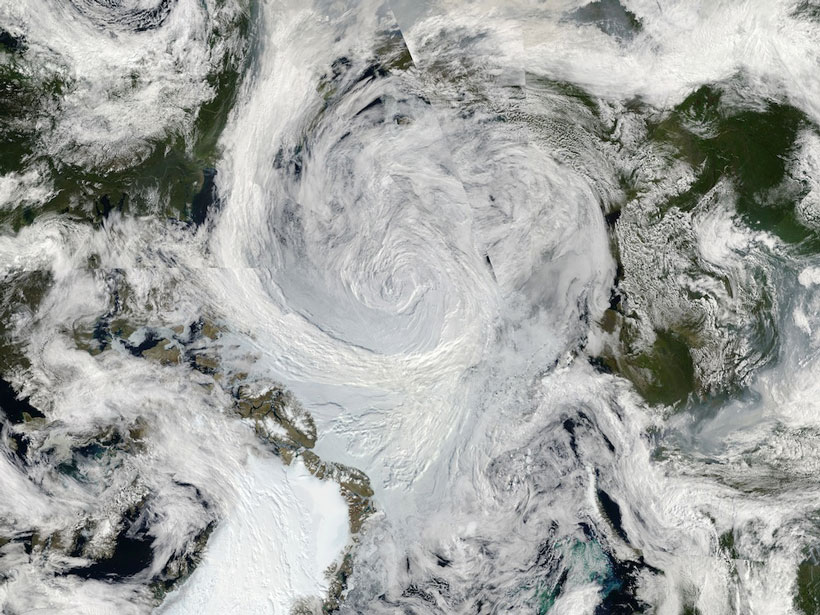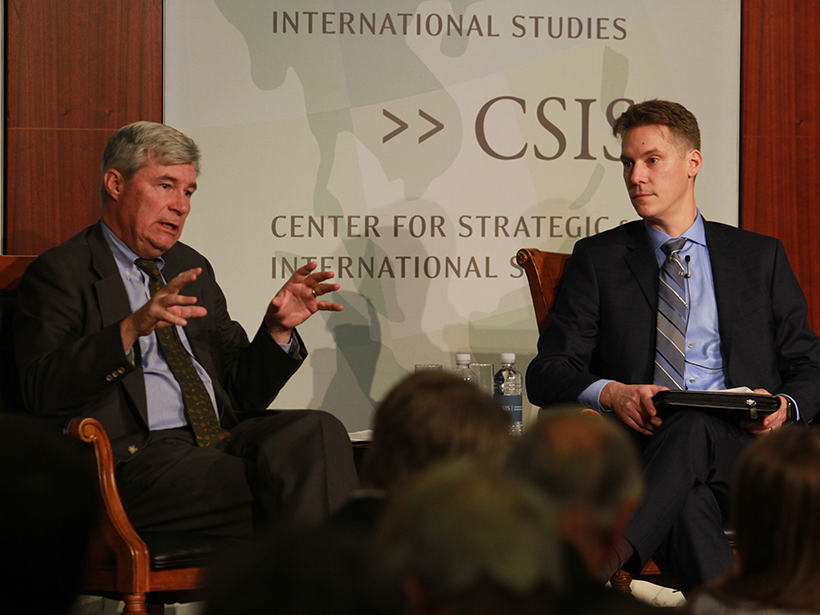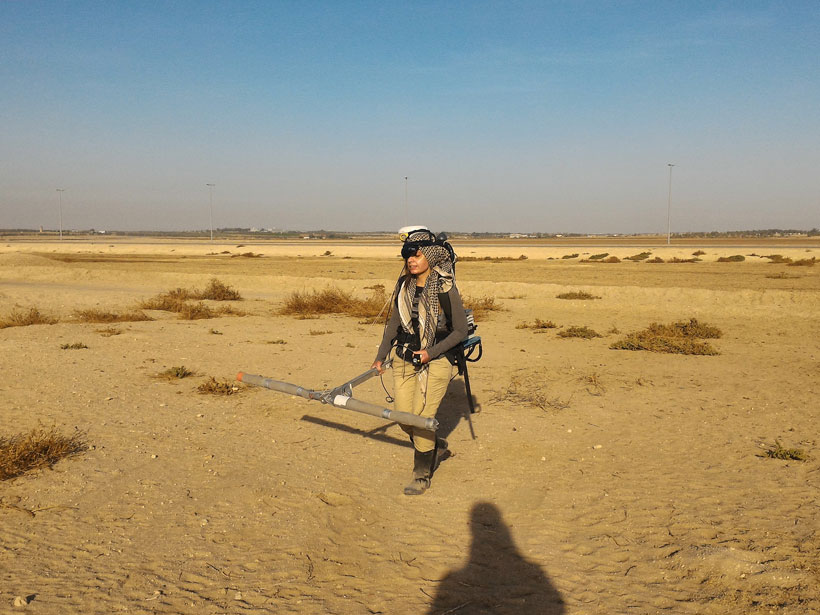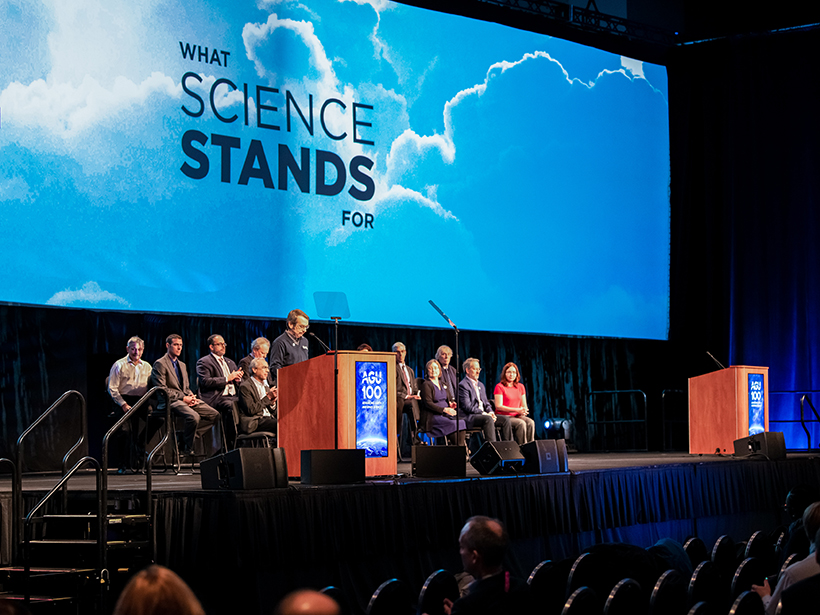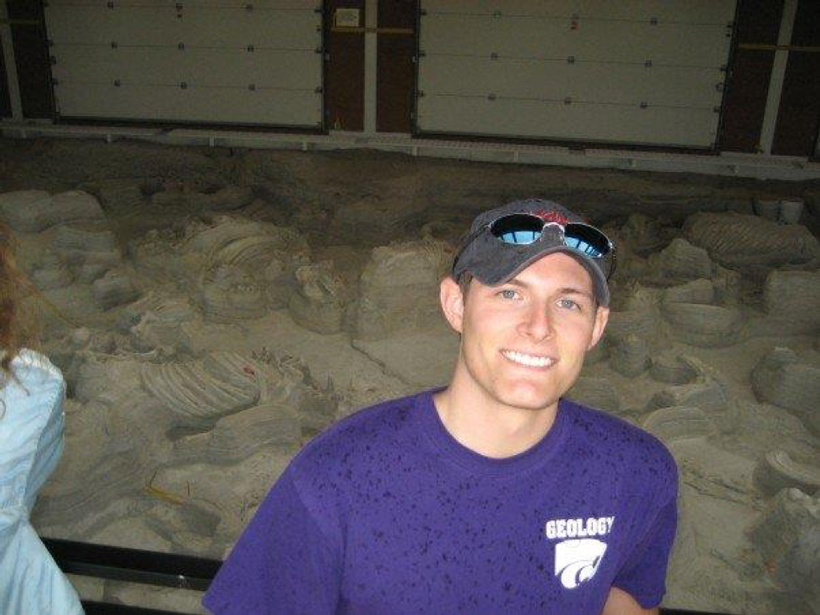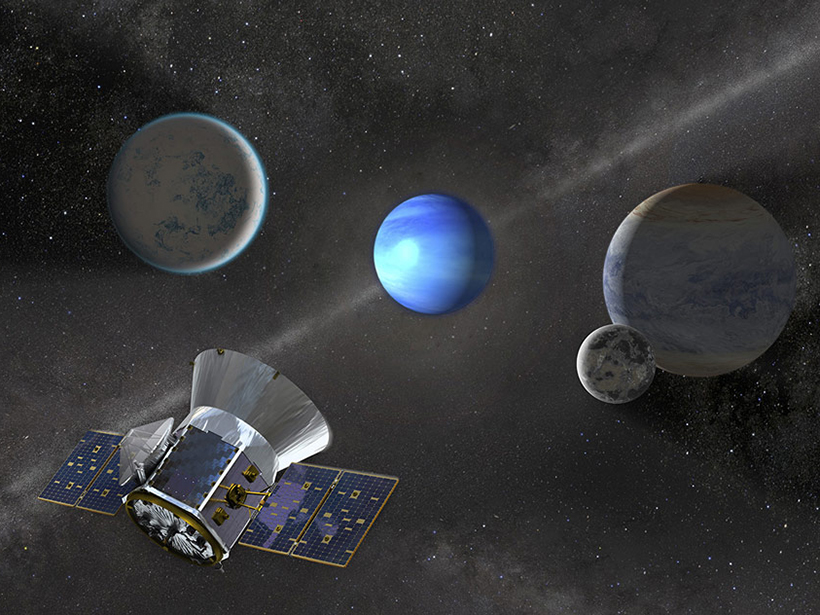Whirlwinds disrupt the sea ice in the Arctic Ocean. Scientists are now beginning to understand how.
News
New Program Connects Ocean Health and National Security
Sen. Sheldon Whitehouse says the security risk along the U.S.–Mexican border pales compared with the security threat from the decline in ocean health.
Federal Government Shutdown Stings Scientists and Science
Scientists say the shutdown is a message that the government considers science nonessential.
Invisible Wildfire Smoke Has Visible Health Impacts
Wildfires in the Pacific Northwest were linked to upticks in respiratory problems in Colorado, a new study shows.
Magnetic Surveying Reveals Hidden Ancient Buildings and Streets
Buried buildings subtly distort natural magnetic fields, providing a magnetic surveying team with clues that helped archaeologists map an ancient city.
Icebergs Reveal Contours of the Ocean Bottom
Using satellite imagery of grounded icebergs near Greenland, researchers estimate the drafts of these ice masses and therefore water depth, measurements that shed light on future sea level rise.
How Did We Get Here? A Panel of Scientists Answers
A panel of scientists kicks off AGU’s Centennial by looking back on the groundbreaking achievements of the past century.
Kody Kramer (1985–2018)
His vision and persistence created a 1.4-billion-pixel map of the Gulf of Mexico seafloor—a crucial tool in research on the Deepwater Horizon oil spill and a completely new standard for bathymetry maps.
NASA Space Telescope Spots Its Third Planet
A planet 3 times as large as the Earth was detected by the Transiting Exoplanet Survey Satellite in a relatively leisurely orbit—the longest yet detected by this telescope—of 36 days.
Rooftop Gardens Make Use of the Air We Breathe Below
Growing plants near building air vents may help them grow better, while reducing the carbon emissions from the people exhaling inside.

